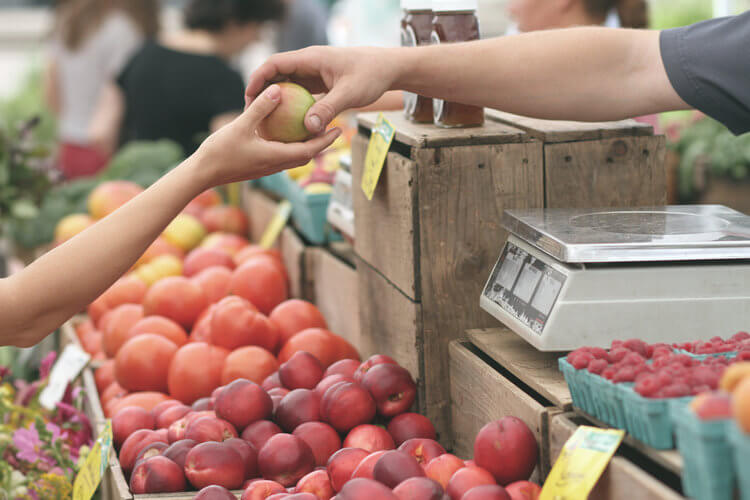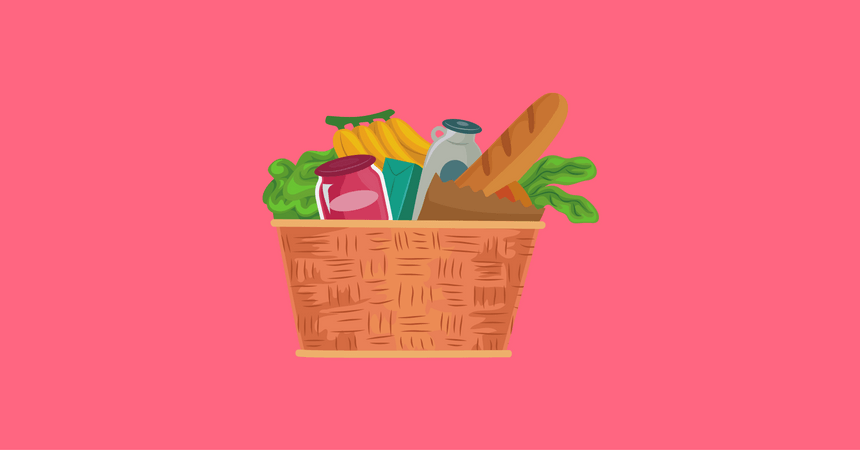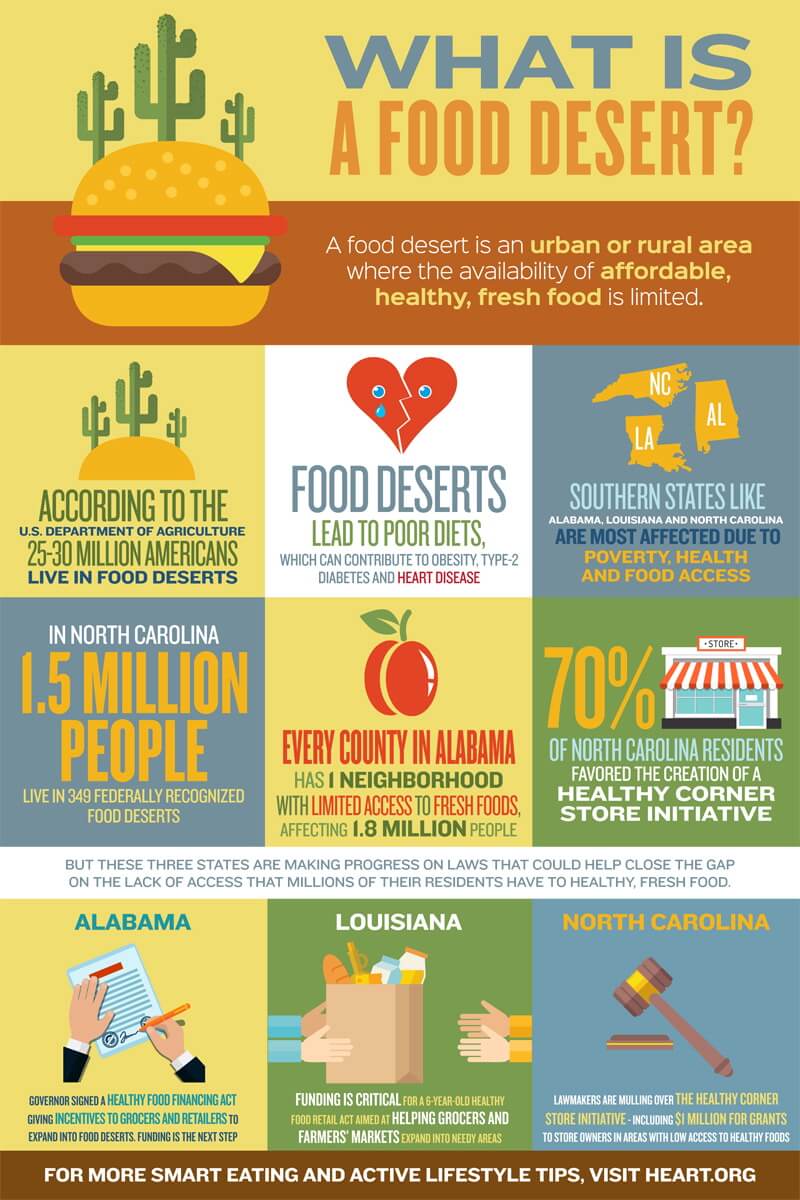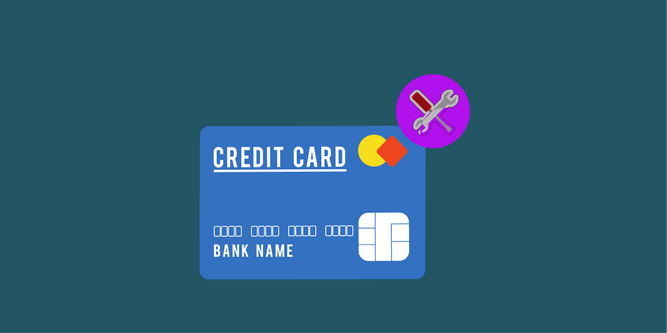One thing you learn very quickly living in a big city like Chicago is groceries aren't cheap. If you're like me, you've probably done a ton of research on how to save money on groceries.
I've gotten some great tips from the articles I've read but there's one problem, they don't always account for people trying to eat healthy.
Sure I could eat processed foods, low quality meats and shop at discount stores where the produce isn't as fresh. But in my opinion, it's not worth sacrificing your health to save a few bucks.
I know some people live in food deserts where high quality food isn't as convenient or readily available. But I urge you to do what you can to improve the quality of food you're putting into your body.
The costs of trying to fix the health problems you risk getting from eating crappy foods is way more than the extra $2-5 you'll spend on fresh and REAL foods.
You shouldn't have to sacrifice your health to save money on groceries. So I put together this list of tips and tricks to help you cut back your grocery costs without resorting to filling your kitchen with canned corn and hormone stuffed chicken.
Focus on The Staples
Depending on your diet preferences (vegans, paleo, gluten free, etc.) you may have certain foods that will make up the bulk of your diet. For the average Joe with no restrictions, your staples will usually consist of:
- Lean meats: Chicken, turkey, fish and some cuts of beef
- Grains: Rice, quinoa, pasta
- Vegetables: Broccoli, beans, peppers
- Fruits: Berries, bananas, oranges
I'm not a dietitian or nutritionist by any means. But you can do a heck of a lot with these foods. The good thing about these items is they can be purchased for fairly good prices.
Don't Buy More Than You Need
Wasted food is a big problem in the U.S. Approximately 40% of our food goes to waste each year. We're so used to having food readily available that sometimes it's easy to take it for granted.
An easy way to save money on groceries and cut back on waste is to get in the habit of only buying what you need.
We've all been in the grocery store before and started wandering around and get tempted to try new foods. But you buy it, and then a few weeks later it goes bad because you never used it and you have to throw it away.
Make a weekly grocery list and only buy things you plan on eating within the week. That'll keep your fridge from being stuffed with food that'll just get thrown away by the end of the week.
Hit Up Farmers Markets
If you're lucky enough to have a farmers market near you, take advantage. I've always known about them but didn't start going until recently. And the savings are awesome!

The main thing you're going to save on is the cost of produce. For instance, I love spaghetti squash and was able to grab two from my local farmers market for less than the cost of one at the grocery store.
Try going when the farmers market is about to close. Sellers are getting ready to leave and want to get rid of their remaining inventory. So sometimes they'll slash the prices because they don't want to have to bring back a bunch of produce that'll probably go to waste.
Don't Buy Discount Meats
This one is more about your health than just money. I've been to grocery stores that had beef, turkey or chicken severely discounted to try to get rid of it before the expiration date. But when you look at the actual food, you can tell it's already going bad.
Once beef stops looking pink or chicken starts to get extremely pale, I'd recommend staying away from it.
Now if it's just a regular sale, that's a different story. But when you see food marked down by 50% or more, it's typically because the store is trying to get rid of it at the last minute.
Don't Get Tricked By Buzzwords
Just because something is marked as organic doesn't mean it's worth the higher price tag. In some cases, it doesn't mean anything at all.
I won't get into the whole food labeling thing right now, but just know that any company can say their food is organic without actually being certified by the USDA.
What Does "Organic" Really Mean?
“Organic” can be used to label any product that contains a minimum of 95 percent organic ingredients (excluding salt and water). Up to 5 percent of the ingredients may be nonorganic agricultural products that are not commercially available as organic and/or nonagricultural products that are on the National
- USDA.GOV
Don't fall for the okie-doke. Some food companies are just using buzzwords as a sales tactic. Unless it's actually certified, there's no way of knowing what a company's definition of "organic" is. So it's not worth paying more for it.
Invest in Seasonings
One of the most common reasons we resort to processed foods is because of the taste.
After years of eating hamburger helper and frozen pizzas, regular food tastes bland. But a big part of that is your taste buds just need to adjust to what real food tastes like.
One of the best ways to help you avoid buying prepackaged foods is to invest in good seasonings. That'll allow you to turn chicken breasts, veggies and other naked food into delicious meals without spending a ton of money.
Ms. Dash is a popular affordable seasoning brand you can find at most grocery stores. Personally I find it to be a little too flavorless, so I use Spice Cave seasonings. They're delicious and will last you for a long, long, long time.
Start Saving & Being Healthy!
Like I said, saving money is nice. But not if it comes at the expense of your health. It's possible to save money on groceries without resorting to buying processed and low quality food.
What are your best tips for how to save money on groceries?




